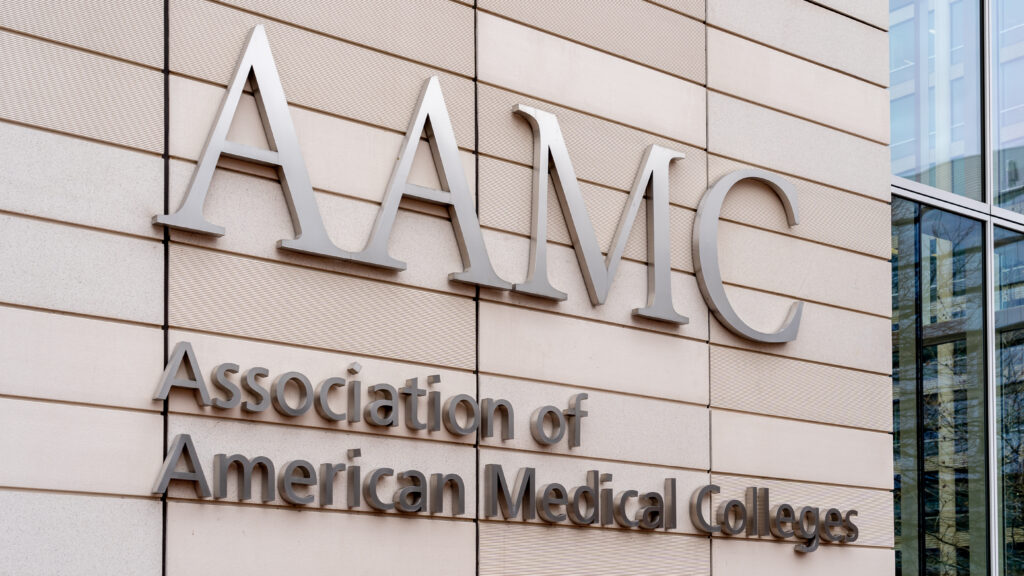A federal judge in Boston ordered a nationwide temporary pause on plans by the National Institutes of Health to substantially slash research overhead payments to universities, medical centers, and other grant recipients.
Judge Angel Kelley of the U.S. District Court for the District of Massachusetts issued the temporary restraining order late Monday night in response to a lawsuit filed that afternoon by associations representing the nation’s medical, pharmacy, and public health schools, as well as Boston and New York-area hospitals. The suit names the NIH, Department of Health and Human Services, and the acting heads of both agencies as defendants.
advertisement
In the order, Kelley wrote that the defendants cannot take “any steps to implement, apply, or enforce the [policy] … in any form with respect to institutions nationwide until further order is issued by this Court.”
The pause, which is to remain in place until otherwise ordered by the court, comes after Kelley granted another temporary restraining order earlier Monday in response to a lawsuit filed by attorneys general from 22 states. That pause only applied to those specific states, meaning that the NIH policy change was still in effect in the rest of the country.
The NIH order, which was announced Friday and was effective as of Monday morning, imposed a 15% cap on NIH support for indirect costs — administrative and facilities expenses linked to research. Institutions generally receive 30% to 70% on top of direct research costs, and there remains deep concern the plan would hamper institutions and stall biomedical research.
advertisement
Lawsuits seeking to block the agency’s policy change have argued that it ignores congressional powers by retroactively modifying existing contracts that set the indirect cost rates negotiated between the federal government and research institutions. They’ve also argued that the NIH policy violates the Administrative Procedure Act, a federal law that governs how federal agencies implement new regulations.
A STAT examination of publicly available financial records and internal emails showed that some top universities and medical centers stand to lose $100 million or more a year if the 15% cap is implemented — including prestigious institutions in conservative states that voted for President Trump. The administration said the cuts would save the government $4 billion a year.
A hearing has been set for Feb. 21 for both cases.
The lawsuit seeking the nationwide halt was filed by the Association of American Medical Colleges; American Association of Colleges of Pharmacy; Association for Schools and Programs of Public Health; Conference of Boston Teaching Hospitals; and Greater New York Hospital Association.

